- Principles of nanoparticle tracking analysis
- Principles of dynamic light scattering (DLS)
- Experimental design and set up, sample preparation
- Preventive maintenance tips for taking care of your instrument
- See what’s improved in the technologies
- Learn how to properly operate the NanoSight Pro (NTA) and Zetasizer Ultra (DLS)
- Rotate in small groups
- NTA case studies: spotting good vs bad data and what you should take note during data collection
- NTA NS Xplorer software tips and tricks
- Know-how on setting up your SoPs
- By train: Kent Ridge MRT station along the Circle Line (Exit C, 13 minutes’ walk to the venue)
- Nearest carpark: CP ‘6B’ at the University Hall
- Anyone with a keen interest to learn more about different characterisation methods
- Existing users who are applying or wish to apply NTA characterisation to their research
- Anyone working with EVs, exosomes
- Drug discovery scientists with an interest in drug design, medicinal chemistry and cancer biology
- EV applications in novel research from cancer research, disease management etc
- Case studies from renowned researchers
- Practical tips and tricks
- Characterisation techniques such as NTA (nanoparticle tracking analysis), Dynamic Light Scattering etc
- Latest in NTA technology, with the launch of NanoSight Pro. Look forward to cutting edge advancements in fluorescence and wide range of thermal control; enabling greater sensitivity and insights to your EVs
- Dr Chen Yu-Su travels from our HQ, Malvern UK as part of her ISEV / EV world tour.
- Book time to discuss your challenges or analyse your samples of our newest NTA, NanoSight Pro, which will be on display
- 6 May (Melbourne, Deakin): EV applications and characterisation workshop
- 7 May (Melbourne City Center): EV applications and characterisation workshop
- 8 - 12 May (Melbourne): ISEV conference
- 13 May (Brisbane, University of Queensland): EVs in neurodegenerative diseases
- 14 May (Sydney UNSW): EV applications and characterisation workshop
- 16 May (National University of Singapore): NTA Characterisation & Data Analysis
- 17 May (National University of Singapore): Extracellular Vesicles applications and characterisation workshop
- 20 May (Thailand, Bangkok): NTA Characterisation & Data Analysis
- 21 May (Thailand, Bangkok): EV applications and characterisation workshop
NTA Characterisation & Data Analysis Workshop (Singapore)
16 May 2024, 9.30am - 4pm | National University of Singapore

About The Event
Extra-cellular microvesicles and exosomes are found to be of great importance in the development and diagnosis of a wide range of disease states. For instance, from cancer to diabetes treatments. Found to be generated by nearly all cells and in all organisms, they are believed to contain a wide range of signalling proteins as well as genetic material of many different types. Their detection has, to date, only been possible by electron microscopy or by classical methods of analysis such as DLS. Conventional flow cytometry has a lower limit in practice of some 300nm and therefore cannot see the majority of microvesicular material thought to be present. NTA offers a means by which not only can such structures be seen and concentration measured, but variations in the technique, such as fluorescence mode NTA, have allowed exosomes to be phenotyped. This multi-parameter capability, compatible with natural structures in their native environment promises to be of significant value in the elucidation of the role these structures play. Join us for our free workshop co-organised by Malvern Panalytical, National University of Singapore’s Departments of Surgery and Pharmacy. We focus on the characterisation technique - Nanoparticle tracking analysis - from experimental design, data collection, data analysis and interpretation and also applications. Look forward to hands-on time with our latest NTA - NanoSight Pro too. This workshop marks the Singapore-leg of our international tour. Book an appointment to meet our specialist as she hosts workshops in Melbourne, Sydney, Brisbane and Bangkok.
More Information
Programme
Time |
Programme |
Speaker |
09:30 |
Theory & applications: when to use NTA vs DLS |
Dr Chen Yu-Su |
10:15 |
|
Prof Matthias Wacker |
10:45 |
Tea break |
|
11:00 |
Best lab practices for getting superior data quality |
|
11:20 |
|
Carissa Lim |
11:30 |
Small group rotation for hands-on with NTA & DLS |
Dr Chen Yu-Su Carissa Lim |
12:10 |
Lunch |
|
13:00 |
Recap / Q & A |
|
13:10 |
Practical and hands-on (Data analysis) |
Dr Chen Yu-Su Carissa Lim |
14:00 |
Tea break |
|
14:10 |
|
|
14:50 |
Q & A / End |
|
15:00 |
One-on-one discussions |
|
16:00 |
End |
Directions
S10 Multi-purpose Room C4-02-01, 12 Science Drive 2, Singapore 117549
Take the stairs from S9 Starbucks to level 2. Walk past the study area and turn right. Look out for our logos.
Who should attend?
What will you learn?
Book 1-on-1 time with our expert during the workshop
Be part of our international roadtrip
